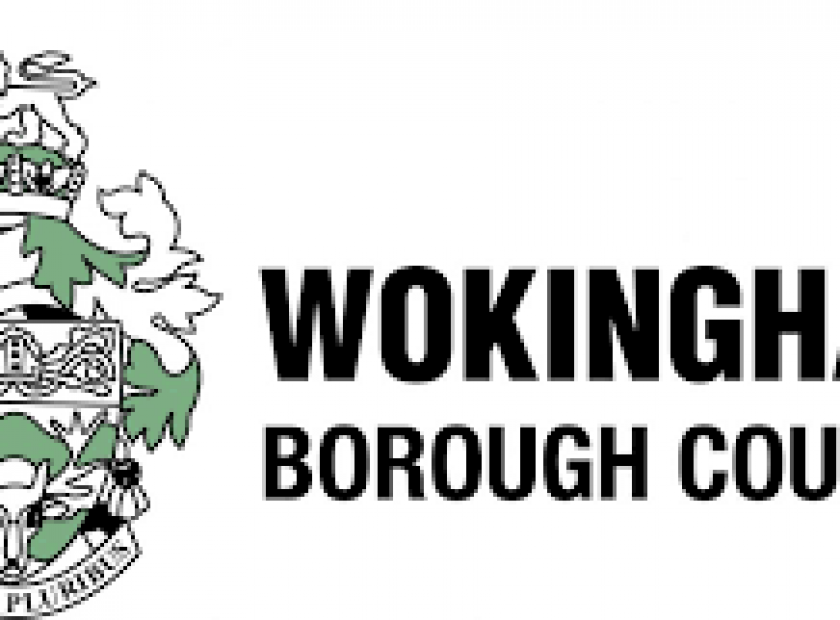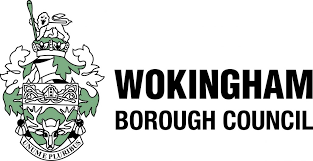Tackling poverty in Wokingham Borough

The causes and effects of low income are wide ranging and damage standards of living and accessibility to health and wellbeing – in particular mental health and social inclusion.
Poverty level trends are driven by changes in the employment rate, earnings, benefits and other income such as pensions, and housing costs. Although these factors cannot always be influenced locally, and they might be restricted by central government policy, local council knowledge of its residents is crucial knowing where best to target support.
Depending on what definition of poverty is used – whether based on before or after housing costs are taken into account – the Wokingham Borough has consistently been one of the least deprived unitary authority areas in England (ranking least deprived in 2019 Indices of Multiple Deprivation). But people and families on low incomes do exist in the borough so the council has a number of measures in place to ensure the borough’s opportunities can be accessed by everyone.
“Regardless of whatever statutory benchmark used to analyse poverty levels across the borough, Wokingham is one of the lowest in the country. But that doesn’t mean we’re complacent. It is certainly not okay,” said John Halsall, leader of the council.
“Even if one person or one child does not have fair and equal opportunity in our borough, that is one too many. We already have a wide net of support for low income families and are introducing even more. We’ll be discussing our approach to our Anti-Poverty Strategy, which will encompass all of these, at a forthcoming Executive meeting.”
In response to the pandemic, Wokingham Borough Council and its partner organisations have implemented a number of interventions including:
- Flexible repayment plans for Council Tax and distributing the Council Tax Hardship Fund
- Financial support to eligible providers within the voluntary and community sector through the service sustainability fund
- £20m in Business Support grants and £20m of other reliefs
- Extending funding to ‘One front door’ via Citizens Advice Wokingham giving struggling residents a single point for help and advice on unemployment debt, statutory sick pay/ benefits, mental health and wellbeing, and prescription collections or shopping service if they’re self-isolating
- Supporting residents via the community engagement team including referrals to other local organisations that focus on hardship
- Support for council tenants via the tenancy sustainment team
- Supporting rough sleepers into accommodation through the ‘All In’ policy
The effects of the pandemic on the borough are a moving target, and as such the council and its partners must develop responses to tackle them. New measures include the following:
- Eco-Flex and Green Home Grants schemes to alleviate fuel poverty
- Temporary accommodation for rough sleepers to March 2021
- A private rented sector access fund
- A rough sleeper programme including homes designed with wraparound support to help them
- Enhanced mental health support
- Influence economic recovery via economic renewal recovery and a business task force
- Actions through the Berkshire Recovery Group Hardship workstream
- A full time debt management worker
“Wokingham Borough is one of the best places to live and work in the UK,” said John Halsall, “and as such what poverty we do have, it has no place in the borough. We are unswerving in our mission to fight and work with our partners to drive up the living standards and drive out poverty for all our residents.”




